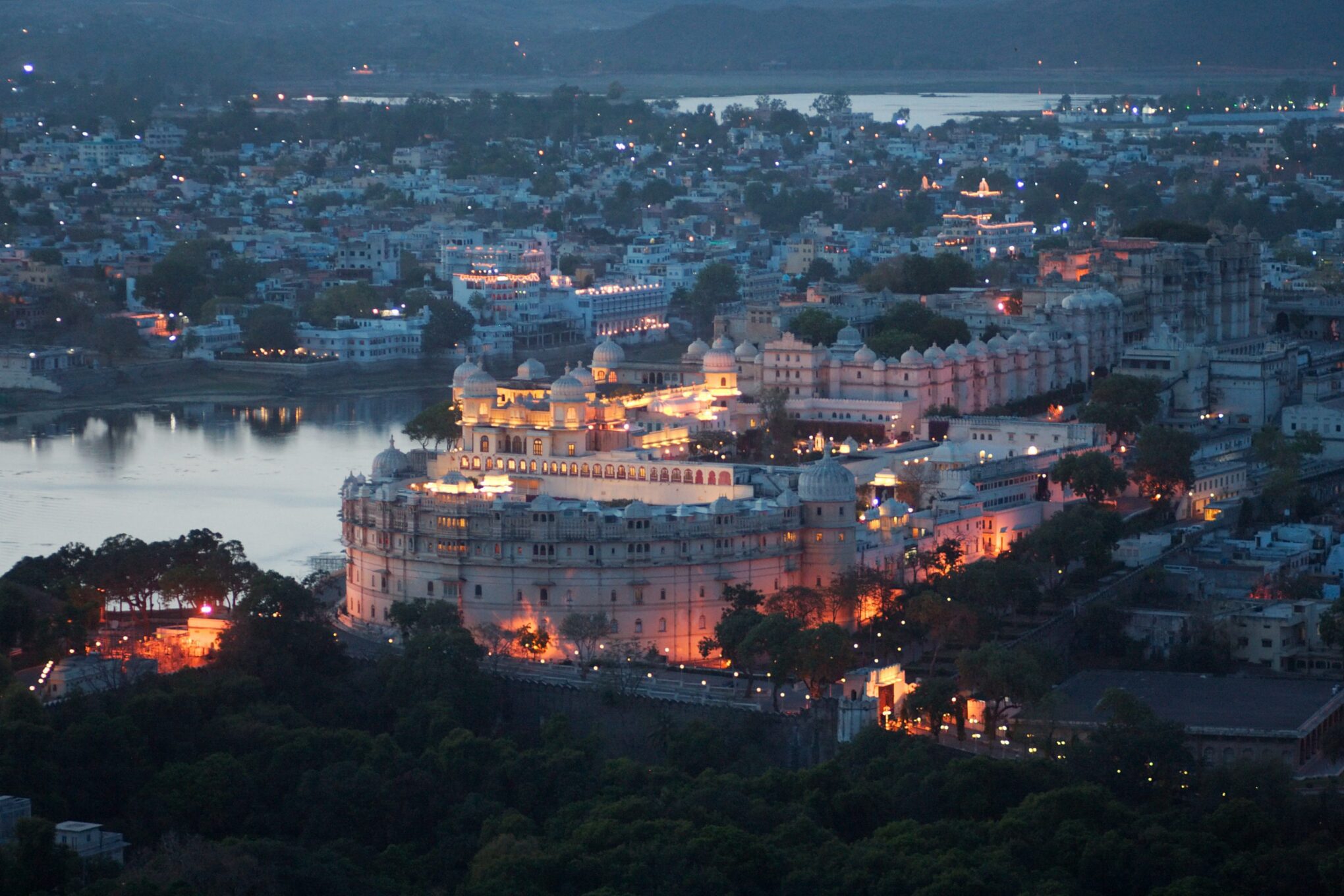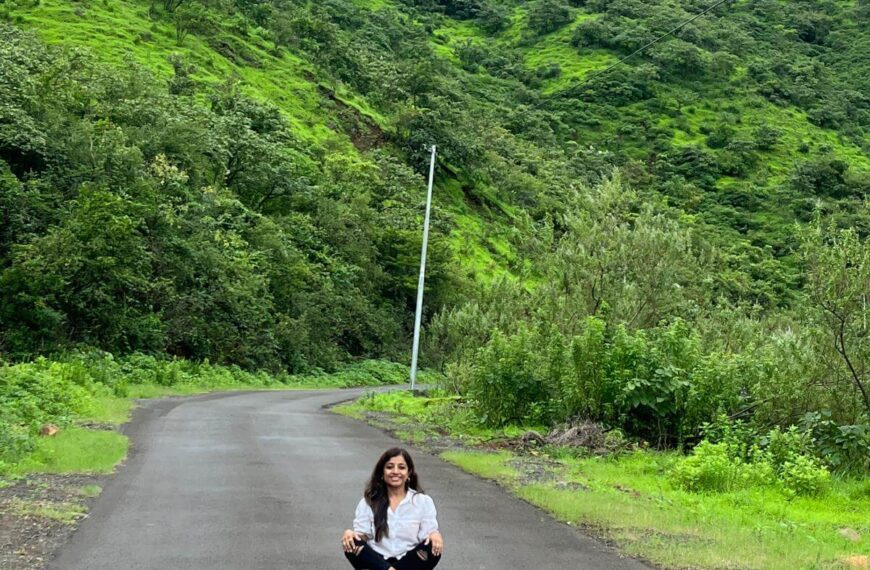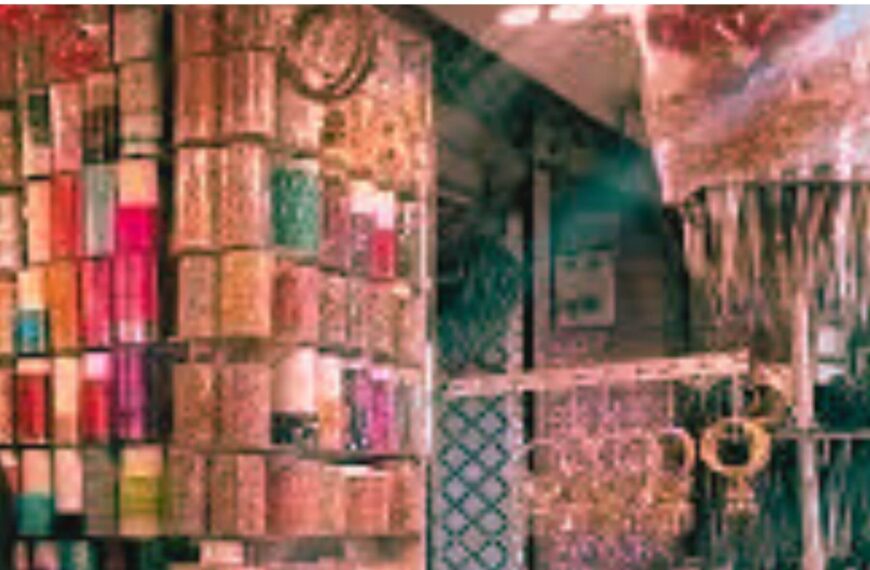The star attraction of Udaipur is its five prominent lakes, each more enchanting than the other. Ruchira takes us on a tour of the beauteous city, exclusively for Different Truths.
 The name itself is interesting, the city of sunrise. In this colourful, picturesque town, situated in western Rajasthan, the numerous lakes wipe away the slightest traces of the desert sands which comprise bulk of the state’s landscape. Even today, so many decades later, I can visualise in the mind’s eye my memorable albeit short-lived trip to Udaipur.
The name itself is interesting, the city of sunrise. In this colourful, picturesque town, situated in western Rajasthan, the numerous lakes wipe away the slightest traces of the desert sands which comprise bulk of the state’s landscape. Even today, so many decades later, I can visualise in the mind’s eye my memorable albeit short-lived trip to Udaipur.
On a warm summer evening, our family of four arrived in Udaipur following a train trip from Jaipur. The city was amazingly neat and clean with wide roads broad avenues and large buildings. Though I am unsure of the situation now, at that point of time there were very few people to be seen around. Hailing from a bustling metro like Saddi Dilli, it was refreshing indeed!
Pichola is the oldest and one of the largest lakes in entire Rajasthan.
The star attraction of Udaipur is its five prominent lakes, each more enchanting than the other. And topping the charts is Pichola, the oldest and one of the largest lakes in entire Rajasthan. During the 14th century the region formed a part of Rana Lakha’s dominion. The lake was the brainchild of a nomadic tribesman Pichhu Banjara, who also built a bridge over the vast expanse to facilitate the movement of livestock.
Located bang in the heart of the city, hemmed by low hills and profuse natural vegetation, it is picture perfect! According to legends and folklore, a later ruler, Maharana Udai Singh of Mewar was so fascinated by the idyllic lakeside area that he decided to build a city (named after him) in the vicinity. And the rest as they say is history.
The magnificent City Palace, a major crowd-puller is situated on its eastern periphery.
It appears that apart from this king, several others wanted to perpetuate their association with the heavenly spot. This explains why many more architectural structures, and human habitation spawned around this body of water. One can find magnificent palaces, temples, and bathing in and around the lake. The  magnificent City Palace, a major crowd-puller is situated on its eastern periphery.
magnificent City Palace, a major crowd-puller is situated on its eastern periphery.
Amidst the limpid waters of the lake stands the spectacular Lake Palace (a.k.a Jag Niwas Palace). Facing eastwards, it was originally envisaged to enable members of the royal household to catch a glimpse of the resplendent morning sun and offer obeisance. It also doubled up as a summer resort for the royalty, to escape the infernal heat. The palace has figured in many popular flicks off and on. Now, it functions as a high-end luxury hotel! Before I forget, a boat ride on the tranquil lake ought to be a priority for all tourists. The reflection of the massive citadel on the placid dark waters, the sunbeam shimmering onto them; add to it the gentle splash of the oars – the experience is ethereal!
Towards the north, west some distance away from the city lies the Fateh Sagar Lake. This artificial lake named after Maharana Fateh Singh of Udaipur was created in the 17th century. Its surroundings too are serene and peaceful. This lake is likewise dotted with islands; one of them houses the Nehru Park, a popular sightseeing place. Another island has a public park with a pretty little fountain.
Built over a span of 400 years with contributions from 22 generations of the Sisodiya (Rajput) family, the City Palace is an architectural marvel.
One of the sterling tourist attractions happens to be the City Palace. Built over a span of 400 years with contributions from 22 generations of the Sisodiya (Rajput) family, it is an architectural marvel. Built with granite and marble, the interiors of the palace – with myriad balconies, towers and cupolas inlaid with delicate mirror-work, intricate marble carvings, murals, frescoes, (lattice windows) and paintings on coloured glass – are a feast to the eyes! Here one can take a close look at the gorgeous, flamboyant “peacock” series of paintings which are globally famous now. A portion of the palace complex now houses luxury hotels.
 We also visited the Saheliyon Ki Badi (Garden of Maids). Located on the banks of Fateh Sagar Lake, this garden retreat is literally an endeavour to give concrete shape to women’s whimsies. As the story goes, the local ruler Maharana Sanga’s beloved wife complained of the torrid heat, after their wedding; to keep his queen and her hand maids in good humour, the king laid out a lush green garden studded with fountains, pools to beat the heat.
We also visited the Saheliyon Ki Badi (Garden of Maids). Located on the banks of Fateh Sagar Lake, this garden retreat is literally an endeavour to give concrete shape to women’s whimsies. As the story goes, the local ruler Maharana Sanga’s beloved wife complained of the torrid heat, after their wedding; to keep his queen and her hand maids in good humour, the king laid out a lush green garden studded with fountains, pools to beat the heat.
In what may be termed as a blend of engineering and architectural marvel several (chhatris) pavilions were also erected, wherein efficient pipeline layout and plumbing work managed to create artificial rains on demand. No doubt the slew of women must have enjoyed to their hearts’ content!
Our next halt was at Gulab Bagh (aka Sajjan Niwas Garden) a veritable amusement park cum tourist resort-comprising a sprawling well-maintained garden laden with hordes of flowering and fruit trees, a well-stocked library, pools, a toy train and even a zoo!
The colonial edifices within the precincts are reminiscent of the Raj era.
The colonial edifices within the precincts are reminiscent of the Raj era. The zoo was however a disappointment. Being the peak summer season there were very few animals to be seen around. However, I have distinct recollection of having espied certain species (fowl, poultry goats, rabbits) of domesticated creatures among them. Mind you I am not joking. I am sanguine, this loophole must have been plugged in due time.
All in all, Udaipur is wonderful place to visit, an epitome of joie-de-vivre amidst vagaries of nature and inhospitable terrain. Go, discover it!
©Ruchira Adhikari Ghosh
Photos from the Internet





 By
By

